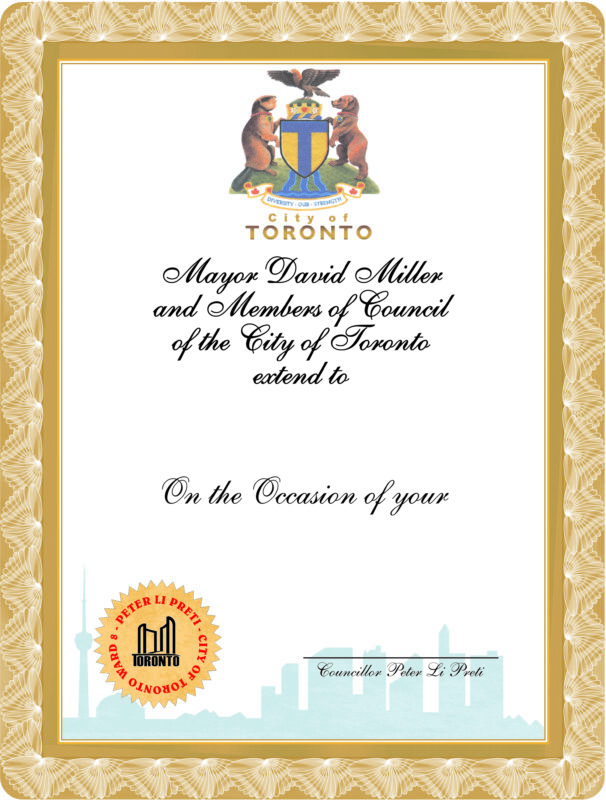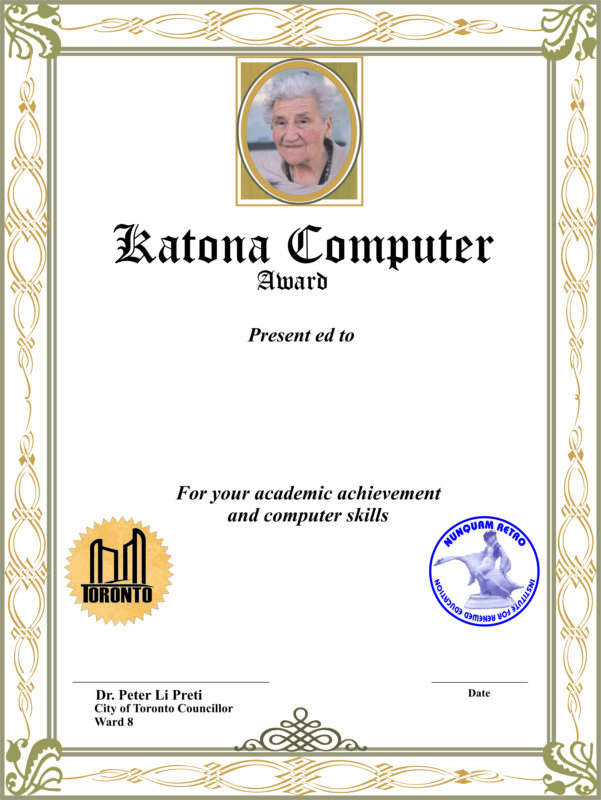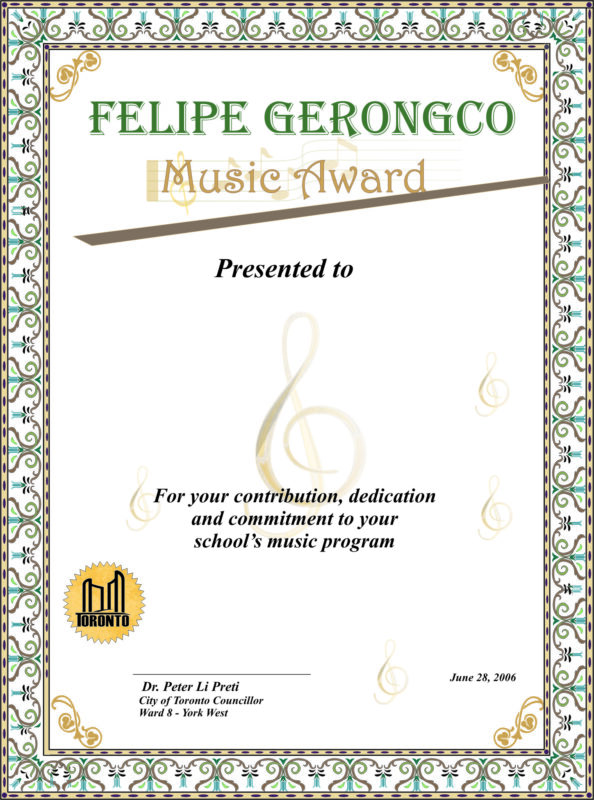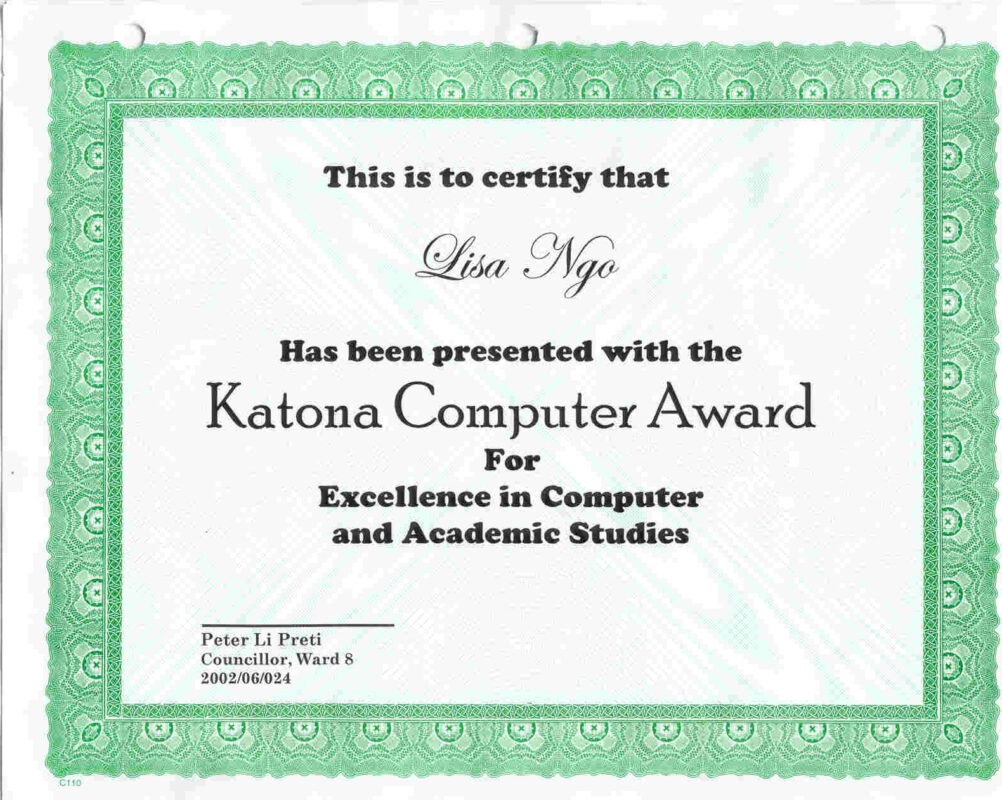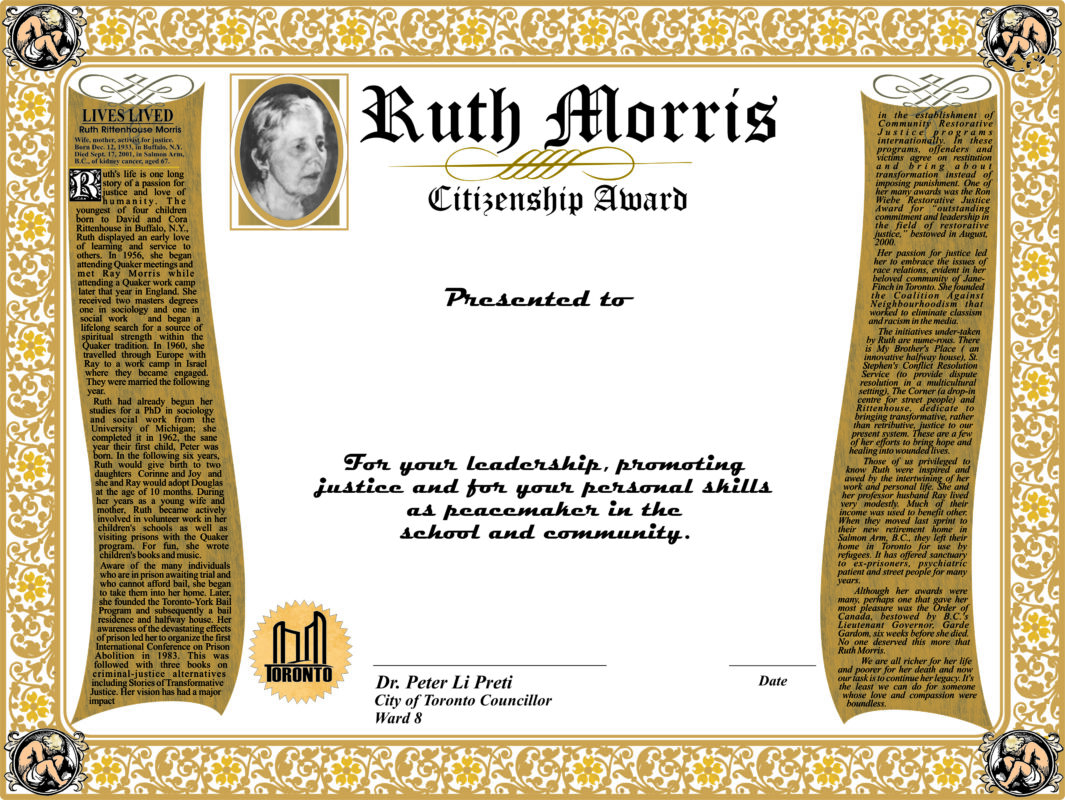Awards
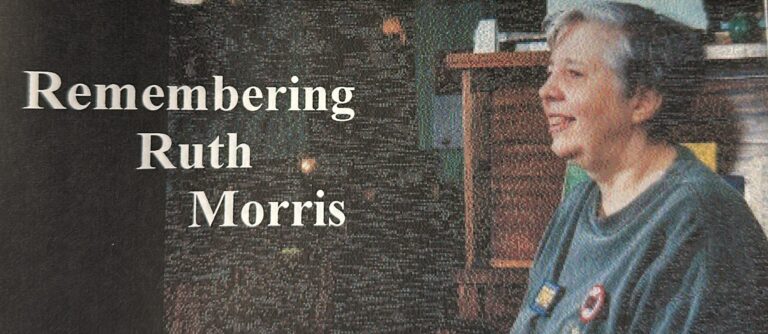
Each year Nunquam Retro presents the Ruth Morris Award, a Certificate and a cheque to graduating highschool students who demonstrate some of the traites that Dr. Morris exemplified.
Life is one long story of a passion for justice and love of humanity. The youngest of four children born to David and Cora Rittenhouse in Buffalo, N.Y., Ruth displayed an early love of learning and service to others. In 1956, she began attending Quaker meetings and met Ray Morris while attending a Quaker work camp later that year in England. She received two masters degrees – one in sociology and one in social work and began a lifelong search for a source of spiritual strength within the Quaker tradition In 1960, she traveled through Europe with Ray to a work camp in Israel where they be- came engaged. They were married the following year. Ruth had already begun her studies for a PhD in sociology and social work from the University of Michigan; she completed it in 1962, the same year their first child, Peter, was born. In the following six years, Ruth would give birth to two daughters, Corinne and Joy, and she and Ray would adopt Douglas at the age of 10 months. During her years as a young wife and mother, Ruth became actively involved in volunteer work in her children’s schools as well as visiting prisons with the Quaker program. For fun, she wrote children’s books and music. Aware of the many individuals who are in prison awaiting trial and who cannot afford bail, she began to take them into her home. Later, she founded the Toronto-York Bail Program and subsequently a fail residence and halfway house. Her awareness of the devastating effects of prison led her to organize the first International Conference on Prison Abolition in 1983.
This was followed with three books on criminal justice alternatives including
Stories of Transfomative Justice. Her vision has had a major impact in the establishment of Community Restorative Justice programs internationally. One of her many awards was the Ron Wiebe Restorative Justice Award for 11 “outstanding commitment and leadership in the field of restorative justice,bestowed in August, 2000.
Her passion for justice led her to embrace the issues of race relations, evident in her beloved community of Jane-Finch in Toronto. She founded the Coalition Against Neighbourhoodism that worked to eliminate classism and racism in the media. The initiatives undertaken by Ruth are numerous. There is My Brother’s Place an innovative halfway house),
St. Stephen’s Conflict Resolution Service (to providing dispute resolution in a multicultural setting), The Comer (a drop-in centre for street people) and Rittenhouse, dedicated to bringing transforinative, rather than retributive, justice to our present system. These are a few of her efforts to bring hope and healing into wounded lives.
Those of us privileged to know Ruth were inspired and awed by the intertwining of her work and personal life. She and her professor husband Ray lived very modestly. Much of their income was used to benefit others. When they moved last spring to their new retirement home in
Salmon Arm, B.C., they left their home in Toronto for use, by refugees. It has offered sanctuary to exprisoners, psychiatric patients and street people for many years. Although her awards were many, perhaps one that gave her most pleasure was the Order of Canada, bestowed by B.C.’s Lieutenant Governor, Garde Gardom, six weeks before she died. No one deserved this more than Ruth Morris. We are all richer for her life and poorer for her death and now our task is to continue her legacy. It is the least we can do for someone whose love and compassion were boundless. As appeared in the Globe and Mail, Feb 11, 2002. Written by Patricia Houston Patricia Houston, a friend of Ruth Morris.
As appeared in the Globe and Mail, Feb 11 , 2002. Written by
Patricia Houston Patricia Houston, a friend of Ruth Morris.
